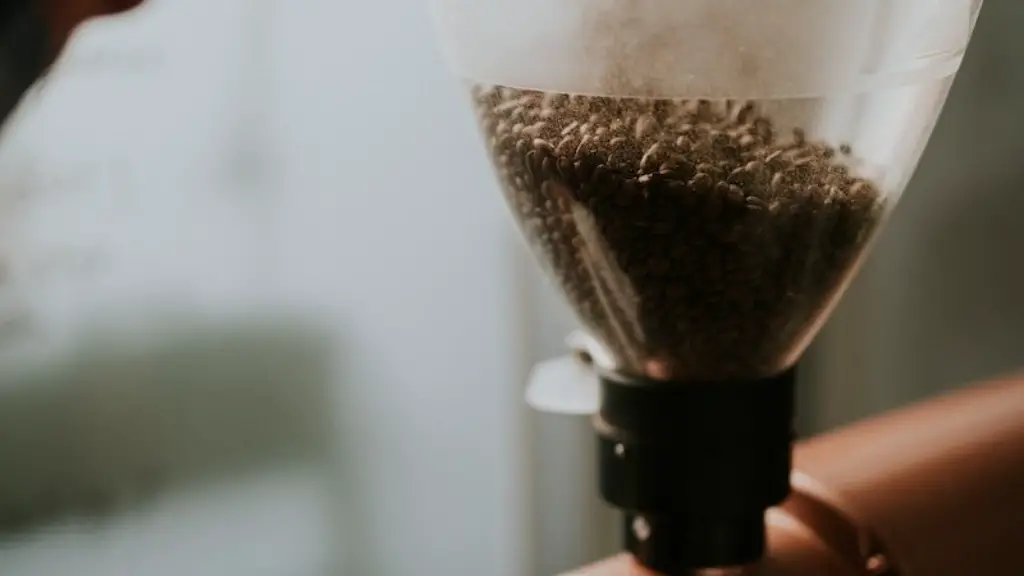The History of Fair Trade Coffee
Fair trade coffee is a movement that seeks to empower coffee farmers in developing countries. It began in the late 1980s as a response to the growing power of large coffee trading companies, which often times offered farmers very little for their produce. This ultimately led to a significant increase in poverty for coffee growing communities and the region in general. Fair Trade Certified coffee is offered by some of the world’s largest coffee traders, meaning that the farmers get a better deal for their product.
What is Fair Trade Coffee
Fair trade coffee is an ethical and environmentally conscious way to buy coffee. It means that you are paying a premium price for the coffee, with the understanding that the farmer is receiving a living wage for their hard work. Coffee farmers who are part of the fair trade system may also receive other benefits, such as access to ethical trading and improved farming practices. As a result, fair trade coffee is often of a higher quality than non-fair trade beans.
Does Starbucks Serve Fair Trade Coffee?
Starbucks does serve some fair trade certified coffees, however it is not a universal practice. Starbucks has committed to sourcing all of its coffee beans sustainably, and is working towards sourcing more fair trade certified coffees. Additionally, Starbucks has launched initiatives such as offering farmers technical assistance and advice in order to grow higher quality coffee and maximize their profits. In addition, Starbucks has also launched a new line of Certified Starbucks Reserve coffees, many of which are from fair trade certified sources.
The Pros and Cons of Fair Trade Coffee
The main pro of fair trade coffee is that it gives farmers in developing countries a better price for their product. This can empower them to make more money, allowing them to support their families and communities. On the other hand, some have argued that the higher cost of fair trade coffee can be prohibitive for some consumers. Additionally, some critics have argued that fair trade coffee does not necessarily guarantee better pay for the farmers, as the extra money is not always given directly to them.
Other Alternatives For Ethically Produced Coffee
In addition to fair trade coffee, there are other alternatives for ethically produced coffee. For example, some companies source their coffee beans directly from farmers, meaning that the farmers receive a higher percentage of the profits. Additionally, some companies have implemented initiatives such as offering farmers technical assistance and advice in order to improve their farms, as well as investing in the local infrastructure in order to increase the quality and quantity of the coffee beans they produce.
Data to Demonstrate the Impact of Fair Trade Coffee
Recent data has demonstrated that fair trade coffee can have a positive impact on the farmers and their communities. According to a report by the International Institute for Environment and Development, fair trade coffee has improved working conditions, wages and access to healthcare for farmers in developing countries. Additionally, the report showed that fair trade certification has led to increased incomes for farmers and their families.
Expert Perspectives On Fair Trade Coffee
Experts agree that fair trade coffee has the potential to be a major force for good in developing countries. According to the Fair Trade USA website, when coffee is certified “every one of its growers receive a higher wage, better working conditions and a commitment to utilize environmentally friendly practices.“ Additionally, Fair Trade USA is dedicated to promoting economic opportunities for struggling communities in developing countries.
My Insights and Analysis
From my perspective, it is clear that fair trade coffee has the potential to improve the lives of coffee farmers in developing countries. However, I believe that more needs to be done in order to ensure that the farmers are receiving a fair deal. Additionally, I think that more needs to be done to raise awareness about the benefits of fair trade coffee and to make it more accessible to consumers.
Corporate Social Responsibility Initiatives
In addition to fair trade coffee, some coffee companies have implemented corporate social responsibility initiatives to improve the develop of coffee farmers in developing countries. For example, Starbucks launched a program in 2011 to increase access to quality healthcare for coffee farmers. Additionally, the program was also designed to promote economic development in coffee growing regions as well as increase access to education.
Making Fair Trade Coffee More Accessible
In order to make fair trade coffee more accessible to consumers, it is important to raise awareness about the benefits of fair trade coffee and the impact it can have on coffee growing communities. Additionally, it is important to make sure that fair trade coffee is affordable and widely available.
The Impact of Fair Trade On Coffee Growing Communities
Data has shown that fair trade coffee can have a positive impact on coffee growing communities. Fair trade certification can provide farmers with increased incomes and improved working conditions. Additionally, it can lead to increased access to healthcare and education in coffee growing regions. Furthermore, fair trade certified coffee is often of a higher quality than non-fair trade beans, because the farmers are receiving better prices for their product.
Encouraging Responsible Consumption
It is important to encourage consumers to only buy ethically produced coffee, as it can have a positive impact on coffee growing communities. Many coffee companies, including Starbucks, are committed to sourcing their coffee sustainably and minimizing their social and environmental footprint. Additionally, consumers can also look for other certifications such as organic and Bird Friendly, which can also help to ensure that farmers in developing countries are receiving a fair price for their product.
Researching Fair Trade Coffee Companies
In order to ensure that you are buying fair trade coffee, it is important to research the companies that you are buying from and make sure that they are certified. Additionally, you should do your own research to make sure that the company is following fair trade practices and that the farmers are receiving a fair wage. Lastly, it is important to support and promote companies that are committed to ethically sourcing their coffee, as this can lead to better wages and improved working conditions for coffee farmers in developing countries.



